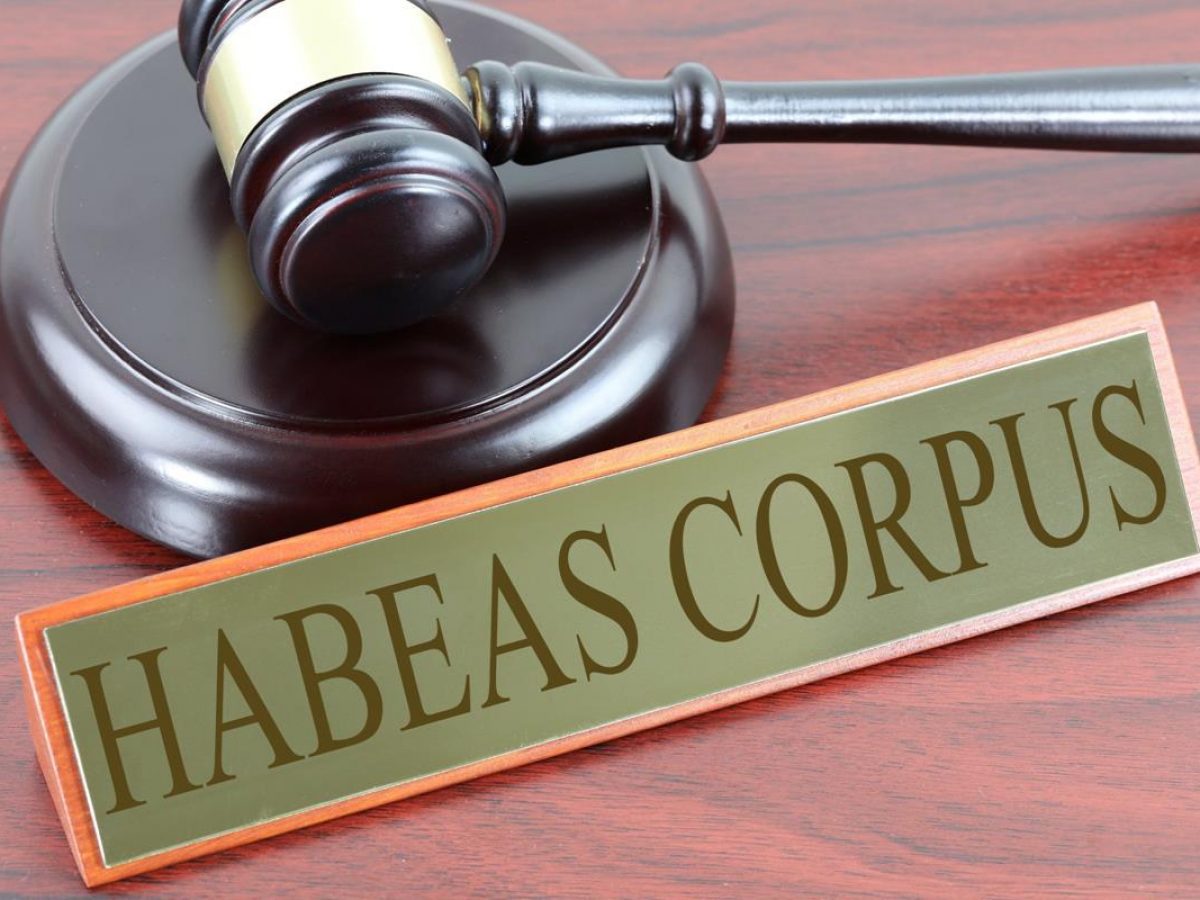DATED : 16.08.2023
CORAM: THE HONOURABLE MR.JUSTICE M.SUNDAR and THE HONOURABLE MR.JUSTICE R.SAKTHIVEL
Introduction:
The case of Reeta Mary v. State of Tamil Nadu revolves around a Habeas Corpus Petition filed under Article 226 of the Constitution of India. The petitioner, Reeta Mary, is seeking the release of her husband, Thiru.Wesley @ Ranjith, who has been detained under the Tamil Nadu Prevention of Dangerous Activities of Bootleggers, Cyber law offenders, Drug-offenders, Goondas, Immoral traffic offenders, Sand-offenders, Sexual-offenders, Slum-grabbers and Video Pirates Act, 1982 (Tamil Nadu Act No.14 of 1982). The petitioner challenges the legality of the detention order dated 14.03.2023, which was made on the grounds of imminent possibility of bail and reliance on an extraneous material.
Background:
Thiru.Wesley @ Ranjith is the husband of the petitioner and is under preventive detention for alleged offenses under the Immoral Traffic (Prevention) Act, 1956, in connection with Crime No.04 of 2023 registered by the Greater Chennai Police, Anti Vice Squad-I. The detention order, dated 14.03.2023, claims that due to the grant of bail to a co-accused in a similar case, it is likely that the detenu could also be granted bail, warranting his preventive detention under Act No.14 of 1982.
Contentions:
At the time of admission, the petitioner’s counsel argued that there was no material in the booklet furnished to the detenu to show that the arrest was properly intimated to the relatives. However, during the final hearing, the focus shifted to the validity of the subjective satisfaction reached by the Detaining Authority regarding the possibility of bail for the detenu. The petitioner’s counsel asserted that the inclusion of an unrelated bail order and the lack of details regarding the “similar case” weakened the subjective satisfaction, as per the principles of a previous case, Rekha v. State of Tamil Nadu.
Legal Points Raised:
- Extraneous Material: The petitioner’s counsel argued that an extraneous material, i.e., a bail order in Crl.M.P.No.2859 of 2023, was included in the grounds of the detention order. This inclusion had impaired the detenu’s right to make an effective representation against the detention order, which is a constitutional safeguard.
- Lack of Details: The petitioner’s counsel relied on the principles laid down in Rekha’s case, emphasizing that the lack of details about the “similar case” mentioned in the detention order made the authority’s assertion mere conjecture. The absence of specifics about the alleged similar case invalidated the reasoning behind the detention order.
Court’s Analysis and Decision:
The Court recognized the petitioner’s arguments and acknowledged that the extraneous material and lack of details in the detention order impaired the detenu’s constitutional right to make an effective representation. The Court relied on Rekha’s case, which upheld the importance of providing specific details when referring to “similar cases” in detention orders. Since the Detaining Authority did not provide these essential details, the Court concluded that the subjective satisfaction reached by the Authority regarding the detenu’s potential bail was impaired.
Conclusion:
The case of Reeta Mary v. State of Tamil Nadu underscores the significance of a fair and valid preventive detention process. The Court, in line with established principles, ruled that the inclusion of extraneous material and the lack of specifics about a “similar case” rendered the detention order defective. This case analysis highlights the judiciary’s role in safeguarding the fundamental rights of individuals by ensuring that preventive detention orders are based on thorough and valid assessments, free from conjecture or extraneous considerations.
“PRIME LEGAL is a full-service law firm that has won a National Award and has more than 20 years of experience in an array of sectors and practice areas. Prime legal fall into a category of best law firm, best lawyer, best family lawyer, best divorce lawyer, best divorce law firm, best criminal lawyer, best criminal law firm, best consumer lawyer, best civil lawyer.”
Written by- Shreeya S Shekar


